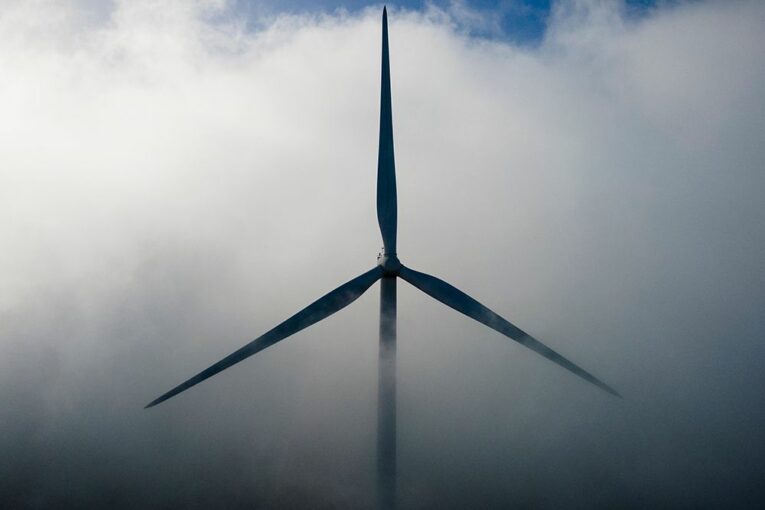
The bio-waste has hit the wind turbine. That’s clean energy talk for the you-know-what hitting the fan.
It’s always a messy business when people lose money in the stock market. Broad equity markets have been sullied of late, but it’s the overhyped technology investments that have suffered the biggest losses. And, in that category, companies championing the clean-energy transition have been hit especially hard in the share-price pocket.
The broad-based Invesco WilderHill Clean Energy ETF is off 60 per cent from its peak last year. Still, those losses represent an average decline. Riskier stocks on the clean-energy spectrum have lost much more.
Take for example green hydrogen. Many publicly traded fuel-cell companies were market darlings in February 2021. Since then, risk investing has lost its allure and this peer group has shed about 80 per cent of its value. Unprofitable EV and battery storage companies have discharged a similar percentage of their market capitalization.
History suggests it could be five to 10 years before the risk-takers come back
A beat-up equity market is disconcerting for a technology-led energy transition. Ramping up innovation requires a lot of risk capital. Bruised investors who have seen market exuberance turn into market gloom are not likely to return and finance unprofitable companies at lofty valuations.
None of this is new. In financial jargon, it’s euphemistically called “rationalization.” History suggests it could be five to 10 years before the risk-takers come back.
Yet all is far from lost. I believe a good clean-out of an overhyped market is a positive thing over the long term.
For now, the days of cheap money chasing expensive dreams are over. Till those days come around again (and they will), here’s what happens next for technology companies championing clean energy solutions.
Capitulation
The era of assuming that the corporate budget is continually funded out of investors’ pockets is over. There are still some out there who deny this, but I give them no more than another quarterly board meeting before the new fiscal reality sets in.
Hunkering down
All that money raised over the past couple of years will have to last a lot longer than expected. Boards of directors will demand “cost control,” which is code for slashing the excess out of budgets. There is nothing like a dearth of capital to sharpen an accountant’s pencil.
Darwinism
In a capital-constrained world, weak companies with marginal projects get taken out of the system. It’s survival of the fittest for management. CEOs who know how to clean up after the storm will survive, while fair-weather leaders may face extinction.
Consolidation
Companies of like technologies start merging to reduce costs, gain manufacturing efficiencies and achieve the corporate mass needed to scale up faster. With more attractive valuations, some will be acquired by established strategic companies that can commercialize the most promising technologies faster.
Employee shuffle
Employees with stock options check the company ticker 10 times a day. Collapsing share prices and worthless options cure that habit. The monetary incentive to stay at a high-flying, no-earnings company diminishes. In another Darwinian consequence, financially stronger companies will start poaching talent from their weaker rivals.
Flight to quality
Equity markets are never dead in a downturn. Investors will still finance early-stage companies, but they’ll be a lot more discriminating about the quality of the investment opportunity and its valuation.
Bottom line, the next generation of technology-driven energy companies will enter a phase where they learn to conserve their cash and spend their investment dollars more prudently on the best projects. As these dynamics progress, rational valuations for high-graded companies will start to attract investment from long-term investors rather than short-term traders.
In fact, for the last couple of years, many institutional investors have wisely sat on the sidelines avoiding the market mess. For them, financing the pursuit of clean energy just got a lot cheaper.
Peter Tertzakian is Deputy Director of the ARC Energy Research Institute.
You can read more of the news on source
